With the hollowing out of the Turkish media landscape in recent years, honest coverage on the night of the historic referendum was rare
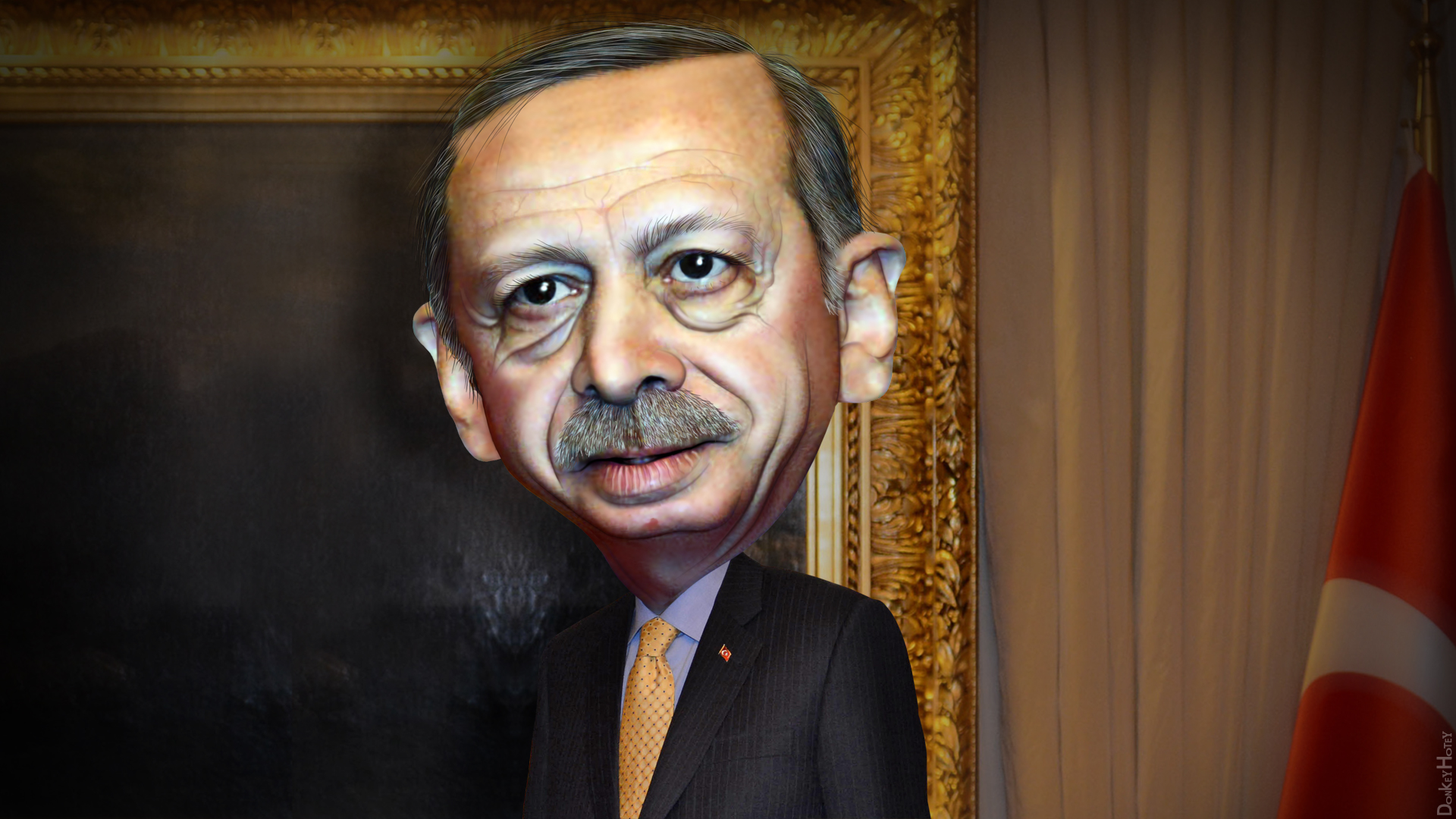

With the hollowing out of the Turkish media landscape in recent years, honest coverage on the night of the historic referendum was rare
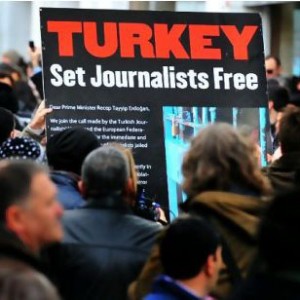
Journalist Yavuz Baydar writes about this hopes for Turkey’s journalists in 2017
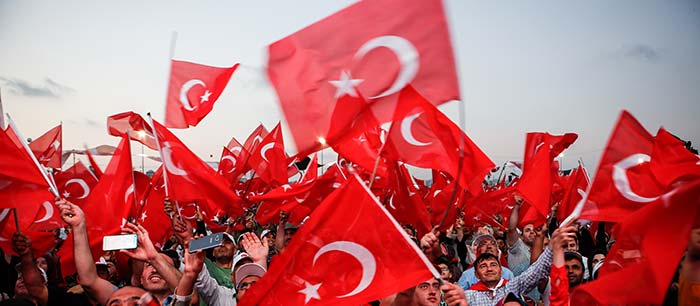
My gut tells me that this time Turkey’s turmoil may turn out to be long-lasting and leave a more harmful imprint on the nation’s soul.
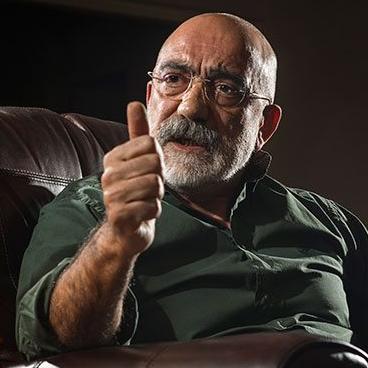
If made out of the right stuff a journalist is a tough nut. Some of us are, you may say, born that way. Our profession lives in our cells. We are compelled to do what our DNA instructs us to do.

“When I understood that I was to be detained by a directive given from the top, my fear vanished,” novelist and journalist Aslı Erdoğan told the daily Cumhuriyet
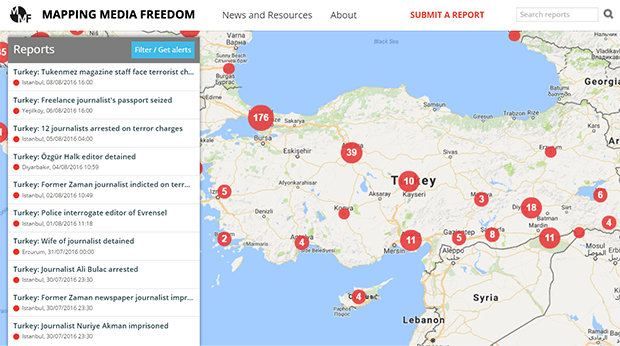
One of the most vital duties of a journalist — in any democracy — is to report on the day-to-day operations of a country’s parliament. But 200 Turkish journalists have been barred.
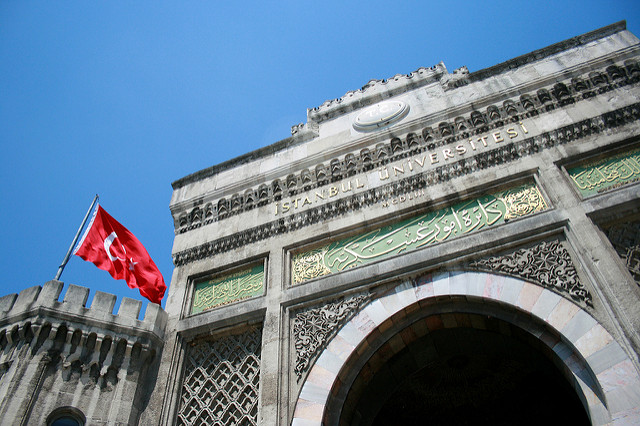
The stream may be small right now, a trickle, but it is unmistakable. Turkey’s academics and its secular elite are quietly and slowly making their way for the exits.

“Turkish police have cancelled all the journalists’ passports since July 15.” This tweet landed in my timeline on Monday morning. The author was Selina Doğan, an opposition deputy and a lawyer.

As I’ve been writing for months now, the job that runs the highest risk in Turkey is, without a shred of doubt, journalism.
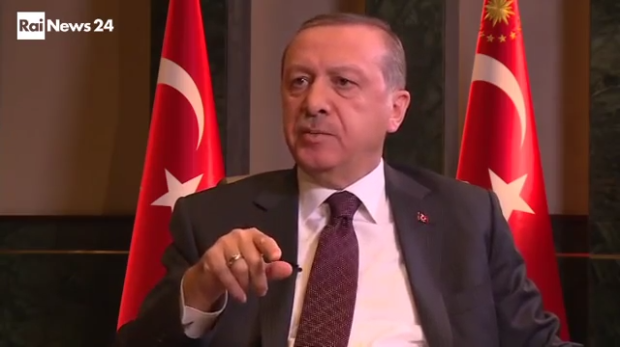
Turkey’s third post-coup week has been full of uncertainties, suspicion and concern. As of Wednesday morning there were 1,297 individuals subject to an international travel ban, among them 35 journalists and 51 lawyers.

It was a long Saturday night for all of us, at home and abroad, monitoring the worrisome developments around media freedom in Turkey
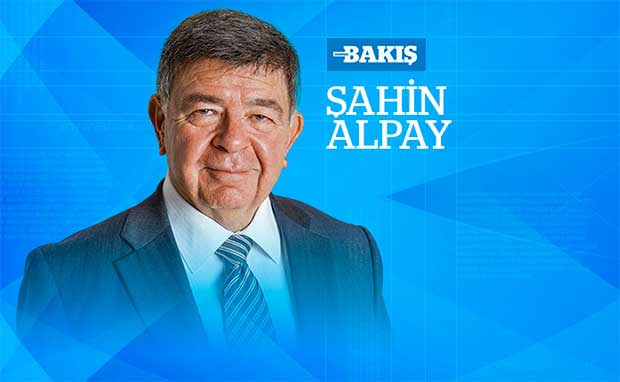
Ministers are empowered to close TV, radio, websites and, even, book publishers. Prosecutors are required to follow those orders. This means a total end of media freedom in Turkey.